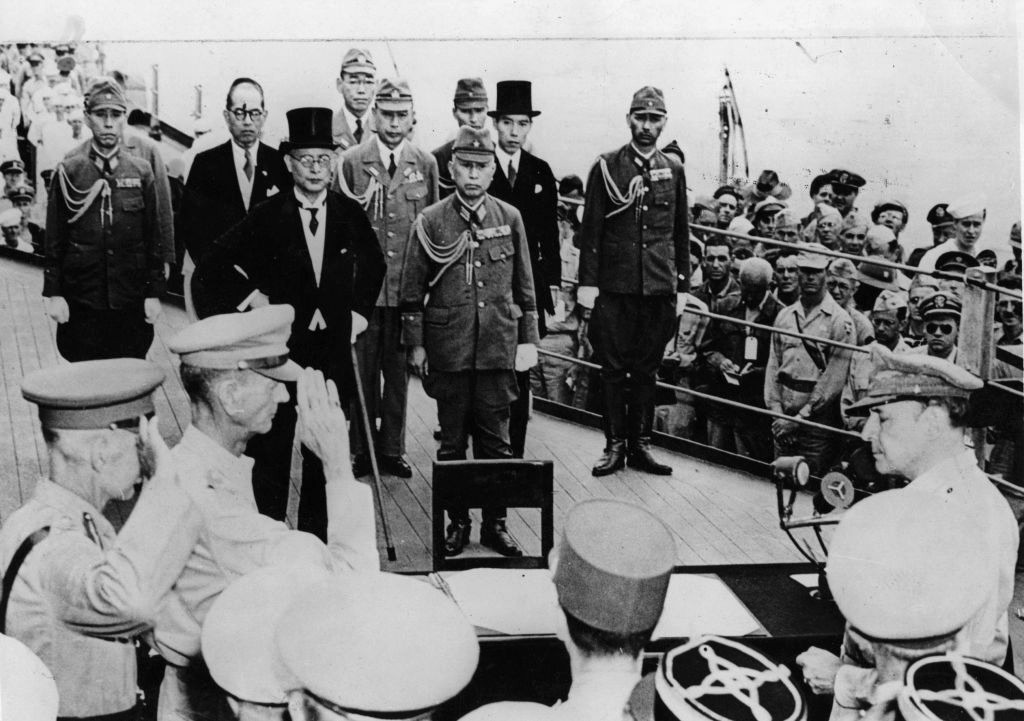
This December 7th marks the 83rd anniversary of the Japanese attack on the American fleet berthed at Pearl Harbor on a quiet Sunday morning.
It devastated our naval fleet, killing 2,403 Americans, and left a nation in shock.
The Japanese military warlords, however, had miscalculated. Amidst the smoking ruin of our Pacific fleet came an anger and desire for justice that would not stop until a Japanese delegation, directed by Emperor Hirohito, surrendered on the deck of the USS Missouri in Tokyo Bay four years later.
The Japanese attack on December 7th united an America that until that morning was seriously divided over its role in a world that was in the midst of searing combat in Europe and China. Nazi Germany continued to win repeated victories, and the Japanese were conquering China at will.
The political rancor between American isolationists and interveners was proof positive for the Axis powers that our democracy was incapable of defending itself, much less our allies. Our enemies saw the spirited opposition in Washington to instituting a peacetime draft. and assumed our nation would not have the will to fight.
They assumed wrong.
Pearl Harbor was the defining moment when America would rise up and, in the words of President Franklin Delano Roosevelt, "No matter how long it may take us to overcome this premeditated invasion, the American people in their righteous might will win through to absolute victory."
This author believes the lessons of Pearl Harbor are not being adequately taught in our nation's classrooms. Far too often, curriculum time is reduced, and World War II is relegated to an afterthought. That is a tragedy, as it has lessons not only for the next generation of Americans, but also for those who seek to do us harm.
Our enemies need to know that our next president has the ability to harness the power of a united people when confronted by a foe whose intent is to reduce America as a world power. The next attack may not come in the form of bombs on a sleeping fleet. It may be a cyber-attack on our nation's electrical grid or banking system. However it comes, our enemy will find that we will, in fact, remember Pearl Harbor and respond in "their righteous might..."
Lawrence Kadish serves on the Board of Governors of Gatestone Institute.


